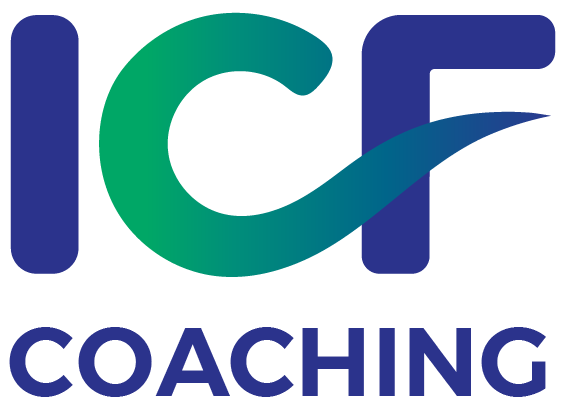non-directive coaching:
Non-Directive Coaching: Empowering Self-Discovery
Non-directive coaching, often referred to as “client-centered coaching,” is a powerful approach that emphasizes the coachee’s self-discovery and agency. Unlike traditional coaching styles, which often focus on providing solutions and directions, non-directive coaching facilitates a space for the individual to explore their own thoughts, feelings, and perspectives, ultimately leading to their own unique solutions.
This approach is built upon the principles of active listening, reflective questioning, and unconditional positive regard. The coach acts as a facilitator, creating a safe and supportive environment where the coachee can freely explore their challenges and aspirations. The emphasis is on fostering self-awareness, critical thinking, and ultimately, empowering the coachee to take ownership of their own growth journey.
Key Features of Non-Directive Coaching:
Focus on the Coachee: The coachee is the central figure, responsible for setting the agenda, identifying their goals, and developing their own solutions.
Active Listening: The coach listens intently, both verbally and non-verbally, to understand the coachee’s perspective without judgment or interruption.
Reflective Questioning: Instead of offering advice, the coach uses open-ended questions to encourage reflection, self-discovery, and the exploration of alternative perspectives.
Unconditional Positive Regard: The coach creates a safe space built on trust and acceptance, regardless of the coachee’s decisions or actions.
Empowerment: By facilitating self-awareness and promoting internal motivation, non-directive coaching empowers the coachee to take responsibility for their actions and drive their own growth.
Benefits of Non-Directive Coaching:
Increased Self-Awareness: Through introspection and open dialogue, the coachee gains a deeper understanding of their values, beliefs, and motivations.
Enhanced Problem-Solving Skills: By encouraging exploration and creative thinking, the coachee develops the ability to identify and address their challenges effectively.
Improved Decision-Making: The coachee gains confidence in their own judgment and learns to make decisions aligned with their personal values and goals.
Greater Ownership and Motivation: By actively participating in the coaching process, the coachee feels a sense of ownership over their goals, leading to increased motivation and commitment.
Sustainable Growth: Non-directive coaching fosters a growth mindset, enabling the coachee to navigate future challenges with greater resilience and confidence.
Applications of Non-Directive Coaching:
Non-directive coaching is a versatile approach that can be applied in various contexts, including:
Personal Development: Helping individuals identify their strengths and weaknesses, set meaningful goals, and develop strategies for achieving them.
Career Advancement: Guiding professionals in identifying their career aspirations, developing new skills, and navigating challenging work situations.
Leadership Development: Facilitating self-reflection and empowering leaders to build trust, inspire teams, and make ethical decisions.
Team Building: Promoting collaboration, communication, and conflict resolution within teams.
Overall, non-directive coaching offers a powerful and personalized approach to growth and development. By empowering individuals to explore their inner world and take ownership of their journey, this coaching style facilitates lasting change and unlocks their full potential.
FAQs
Non-directive coaching is a style of coaching where the coach focuses on facilitating the client’s self-discovery and problem-solving abilities. Rather than providing direct advice or solutions, the coach asks open-ended questions, listens actively, and helps the client explore their own thoughts, feelings, and perspectives.
Traditional coaching often involves the coach providing more direction and guidance, offering specific strategies and solutions. Non-directive coaching, on the other hand, emphasizes the client’s autonomy and empowers them to find their own answers. The coach acts as a guide and facilitator, helping the client to access their own resources and develop their own solutions.
Non-directive coaching can lead to greater self-awareness, improved problem-solving skills, increased confidence, and a stronger sense of ownership over one’s goals and decisions. It can also help individuals develop greater emotional intelligence and build stronger relationships.

